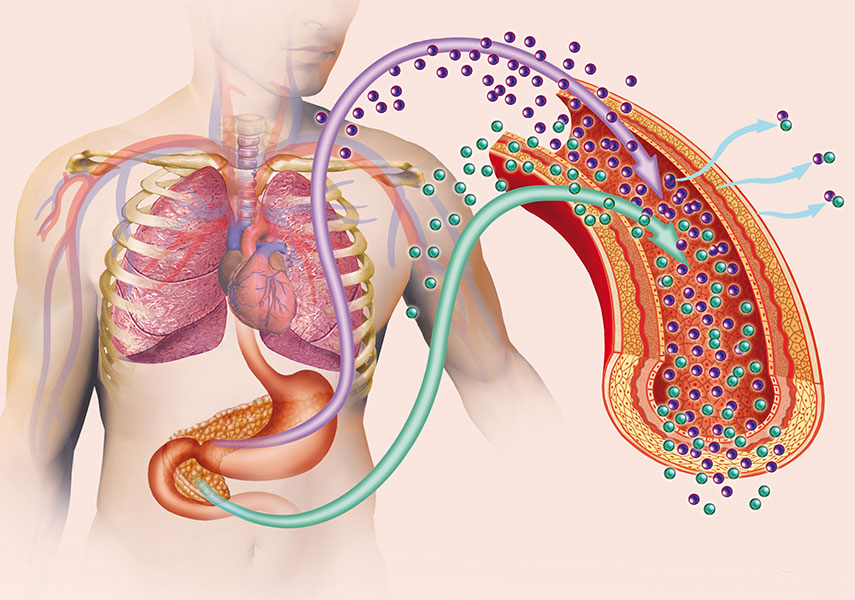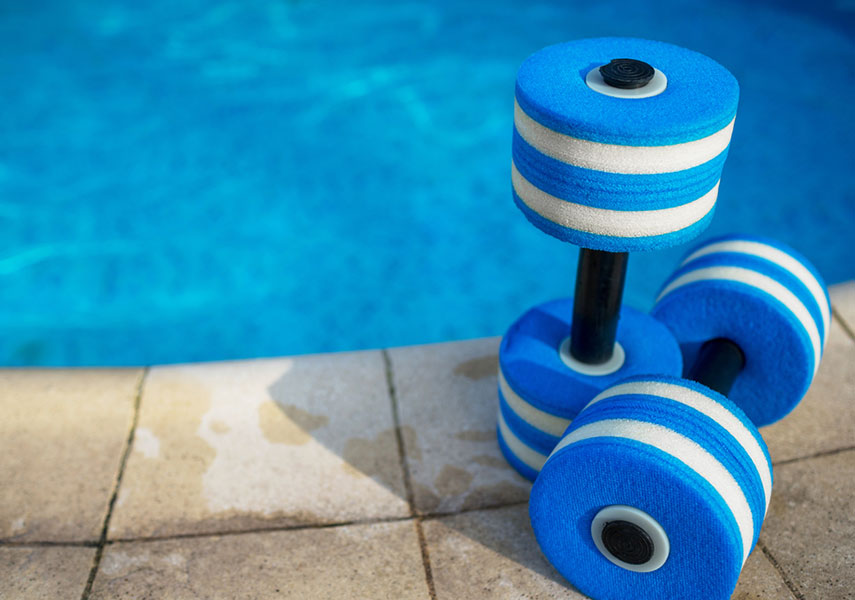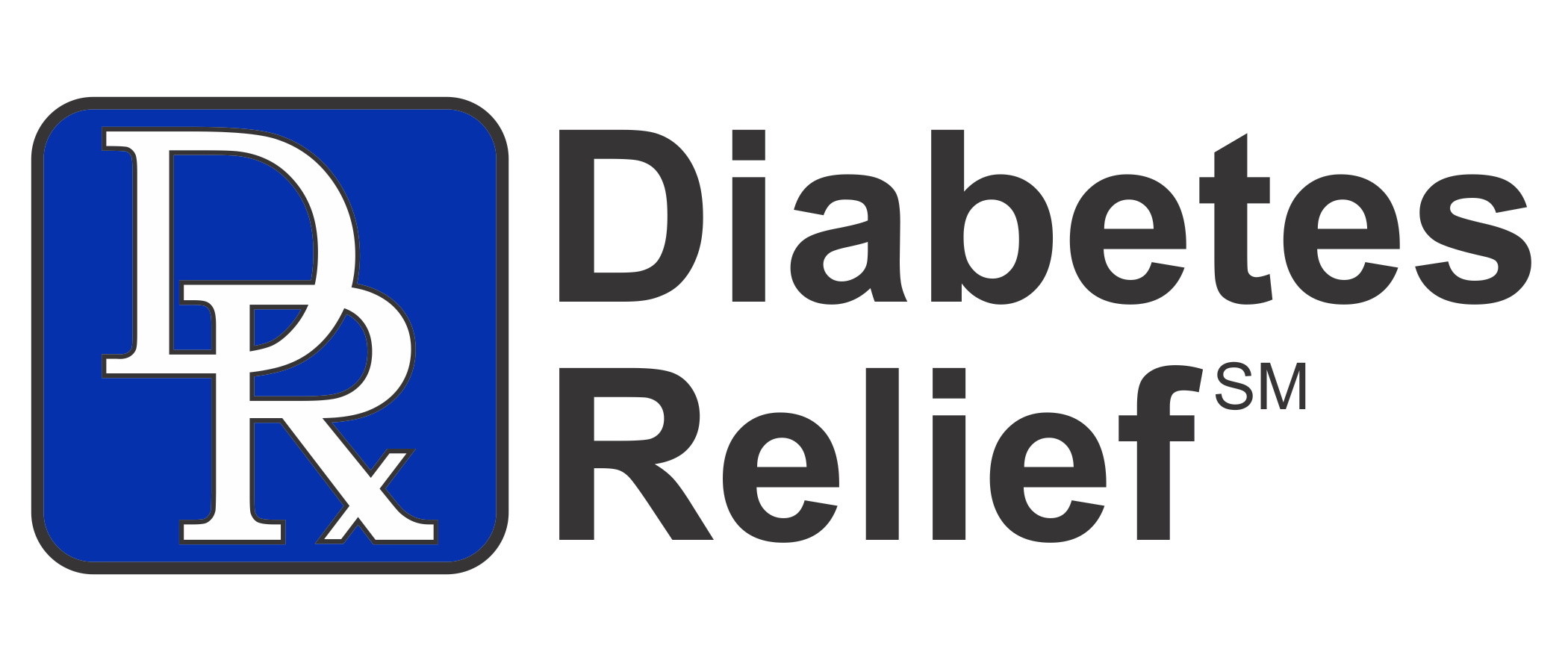
Jul 18, 2017 | Everyday Wellness, Recipes for Relief
If you’re using these oils, get rid of them! 1. Canola Oil 2. Safflower Oil 3. Soybean Oil 4. Cottonseed Oil Canola oil is rapeseed oil modified by deodorizing, bleaching, and exposing to high heat. It has been linked to muscular disorders and fatty degeneration of the heart, kidneys, adrenals, and thyroid gland. “Canola” is not found in nature, and animals and insects avoid the cyanide-laden rape plant. Why use it? The high omega-6 content of safflower oil makes it a danger to your heart. Dangerous poisons (trifluralin, cyanide, dicofol, propargite, and naled) are used on cotton crops. They work their way deep into the plants and transform them into toxic organisms. Fine for clothing, but no cottonseed oil inside your body! 80% of the oil we consume today is soybean oil. 93% of American soy is GMO! This highly processed soy has been linked to thyroid damage and hormone…

Aug 16, 2017 | Everyday Wellness
What if I said, “How are you?” You might respond, “I’m fine, thank you.” If I said, “¿Como estás?” You might respond, “Muy bién, grácias.” What if I said “Guten Tag” or “A salam alaikum”? You might be confused. Well, that’s a lot like what happens when you have diabetes. Your pancreas and liver are no longer having a productive conversation. It’s like they are no longer speaking in the same language. Scientific articles tell us how the pancreas communicates, and we we are told that the liver will respond appropriately when it hears the right signals. The PIR treatment administers insulin as a hormone, but when diabetes is treated traditionally, insulin is given as a drug, in a way that doesn’t appropriately signal the liver. Diabetes Relief’s PIR treatment is a tool that helps physicians to restore that communication. Once these two organs get back on the same page, we can start to appreciate…

Aug 16, 2017 | Everyday Wellness, Recipes for Relief
Antibiotics are over-prescribed, and rarely do doctors tell patients to counteract them with probiotics. Think of what those two terms mean: antibiotic = against life; probiotic = for life. Antibiotics have their place, and they have surely saved many lives, but we must replace the “good bacteria” so we can be protected. Derrick DeSilva Jr., M.D., of the Tertiary Facility, JFK Medical Center (NJ), recommends that we take probiotics twice a day. He developed the formulation for the BioTE probiotic supplements we carry at Diabetes Relief, which are in an acid-stable capsule that will not break up in the stomach, and—even better—the capsule will not open until it reaches the intestine. Probiotics strengthen our immune system, aid in digestion and elimination, and make B vitamins in our gut. Babies get their “good bacteria” from the birth canal, which is where colonization starts. Babies who are born through C-section will have colds, flu, etc., far…

Aug 16, 2017 | Everyday Wellness, Recipes for Relief
Who’s not on a diet these days? We’re all trying to lose weight, aren’t we? Here are some diet killers we should avoid. (Always read the labels.) • “No sugar added” jams, pies, and juices. They are already drowning in sugar. • Any food containing any type of sugar (cane sugar, natural sugar, date sugar, organic sugar, or various syrups). Consume in moderation! • Flavored waters or sport drinks are full of sugar and sweeteners that are bad for weight loss. Drink water! • Canned vegetable and fruit juices have lots of sugar. • Skim-milk and soy-milk lattes or frappuccinos have more sugar than the whole-milk versions. Opt for almond milk if you’re staying dairy-free. • Cereals, breads, and crackers might contain sugar. • Foods labeled low-fat, fat-free, no sugar, or no cholesterol are code words for “high sugar” or sweet taste. • Diet sodas have been proven to raise insulin…

Sep 6, 2017 | Everyday Wellness
At Diabetes Relief, we urge our patients to get regular dental checkups, and a patient shares his personal experience: “With all the demands on our time with my business,” he says, “I had postponed my scheduled treatments at Diabetes Relief, and the time between my treatments stretched out more than they should have—five weeks! I found out how wrong that is for any diabetic who has found what I call miraculous results.” His blood sugars got “out of whack,” he added, so he resumed his regular treatment schedule. On the way to “getting back,” he went to his dentist because he had lost a crown. As the dentist got in to repair the problem, he found some other things wrong with that tooth. After he made the repairs, his blood sugar was noticeably better, and with resuming his regular treatment schedule, he was “walking on clouds again!” The bottom line:…

Sep 20, 2017 | Everyday Wellness
Diabetics NEED exercise! We can improve our overall health, and especially our diabetes, with exercise. Can you get to a swimming pool? If not, can you get to a YMCA center? If so, Medicare might pay for your membership, and you can find pool activities there. Here’s what a recent study found about aquatic exercise, as reported in Acta Diabetologica on July 10, 2017: Only about 30 percent of type 2 diabetics adhere to a traditional exercise program of walking, running, or resistance training. “Our research group has conducted several exercise studies in people who have type 2 diabetes. We noticed that some people could not participate in our land-based (e.g., walking) studies due to barriers such as joint pain,” said lead author Normand Boule, a physical education and recreation researcher at the University of Alberta in Edmonton, Canada. They then planned to do a study on alternate forms of…
Page 7 of 12« First«...56789...»Last »






